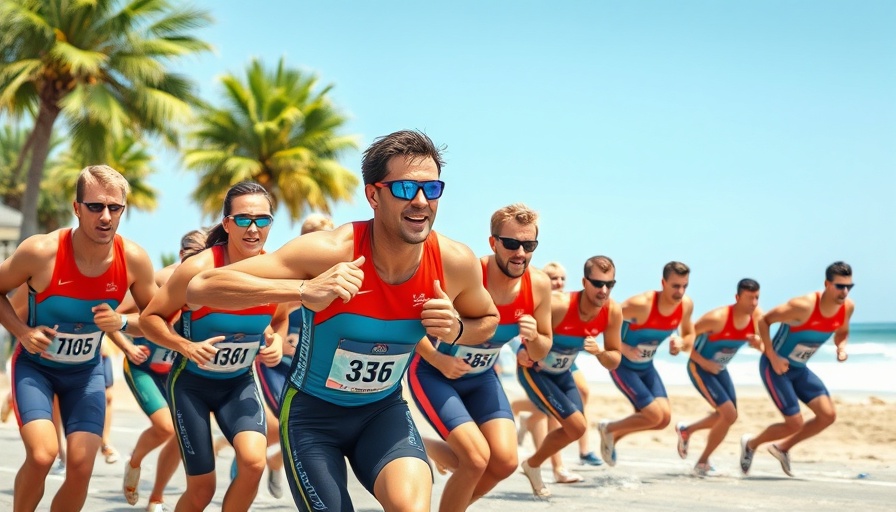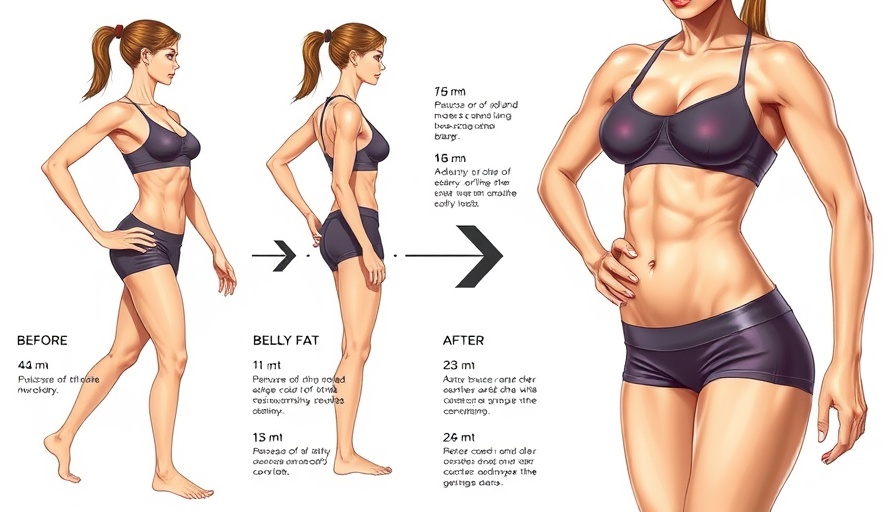
Essential Triathlon Recovery Strategies: Ice Baths, Nutrition, and Mental Health
Completing a triathlon is an extraordinary feat that tests physical and mental endurance. Alongside the celebration of achievement, athletes face the necessity of effective recovery. Inadequate recovery can lead to injuries and prolonged fatigue, hindering future performance. Here’s a detailed look at the most effective strategies to enhance your recovery process after enduring a triathlon.
Why Ice Baths Are Crucial for Recovery
One of the most popular recovery methods is taking an ice bath. Post-race, your muscles need urgent care to mitigate inflammation and soreness. Cold water immersion constricts blood vessels, leading to reduced swelling and decreased muscle breakdown by flushing out lactic acid. After finishing a triathlon, aim to spend up to 20 minutes in an ice bath, but ensure that the temperature is tolerable for you. Ice baths are scientifically backed and have been shown to improve recovery times significantly.
Nourishing Your Body: The Power of Nutrition
Post-race nutrition plays a pivotal role in recovery. Your body undergoes significant strain, leading to depleting energy sources. A solid recovery meal should include a blend of protein and carbohydrates. Evidence suggests that consuming a meal rich in these nutrients within 30-60 minutes after the event can kickstart recovery. A simple peanut butter and jelly sandwich can do the trick initially, but eventually, focus on whole foods such as grilled chicken, sweet potatoes, and a variety of vegetables to restore your body’s energy reserves.
The Importance of Rehydration
Sustained physical activity can lead to dehydration, which, if unaddressed, affects your performance in subsequent workouts. Calculate the amount of water lost during the triathlon and rehydrate accordingly, with a recommended intake of two cups for every pound lost. Avoid over-hydration, which can cause issues like hyponatremia, and pay attention to your urine color as a hydration gauge.
Rest: A Non-Negotiable Part of Recovery
Every triathlon requires a different recovery timeline based on its intensity. Short races might require just a couple of days of rest, while endurance events like Ironman require extensive recovery time. Allow your body to dictate the pace — three days for shorter races and possibly weeks for longer events can promote healing and avoid injuries that stem from overuse.
Beyond Physical Recovery: Mental Health Matters
The importance of mental recovery cannot be overlooked. Training and competing at high levels can lead to an emotional toll, including burnout and anxiety. Techniques like journaling your race experience, meditation, or engaging in favorite hobbies can facilitate mental recovery, helping you reflect upon your performance constructively. Building a holistic recovery approach that includes mental health can prepare you for challenges ahead.
Getting Professional Help: Massage Therapy
Massage therapy is another excellent way to enhance recovery. This practice effectively alleviates tension while promoting blood flow, which is vital for delivering oxygen to tired muscles. Consider integrating massages into your post-race recovery routine to help alleviate muscle tightness and accelerate the healing process. Not only will this help with physical recovery, but it can also serve as a mental reset.
In conclusion, recovering after a triathlon is just as crucial as the effort expended during the race itself. Implementing a blend of ice baths, proper nutrition, hydration strategies, adequate rest, and mental health techniques will optimize your recovery, ensuring that you are not only ready for your next challenge but are also fully attuned to your body’s needs.
 Add Row
Add Row  Add
Add 




Write A Comment